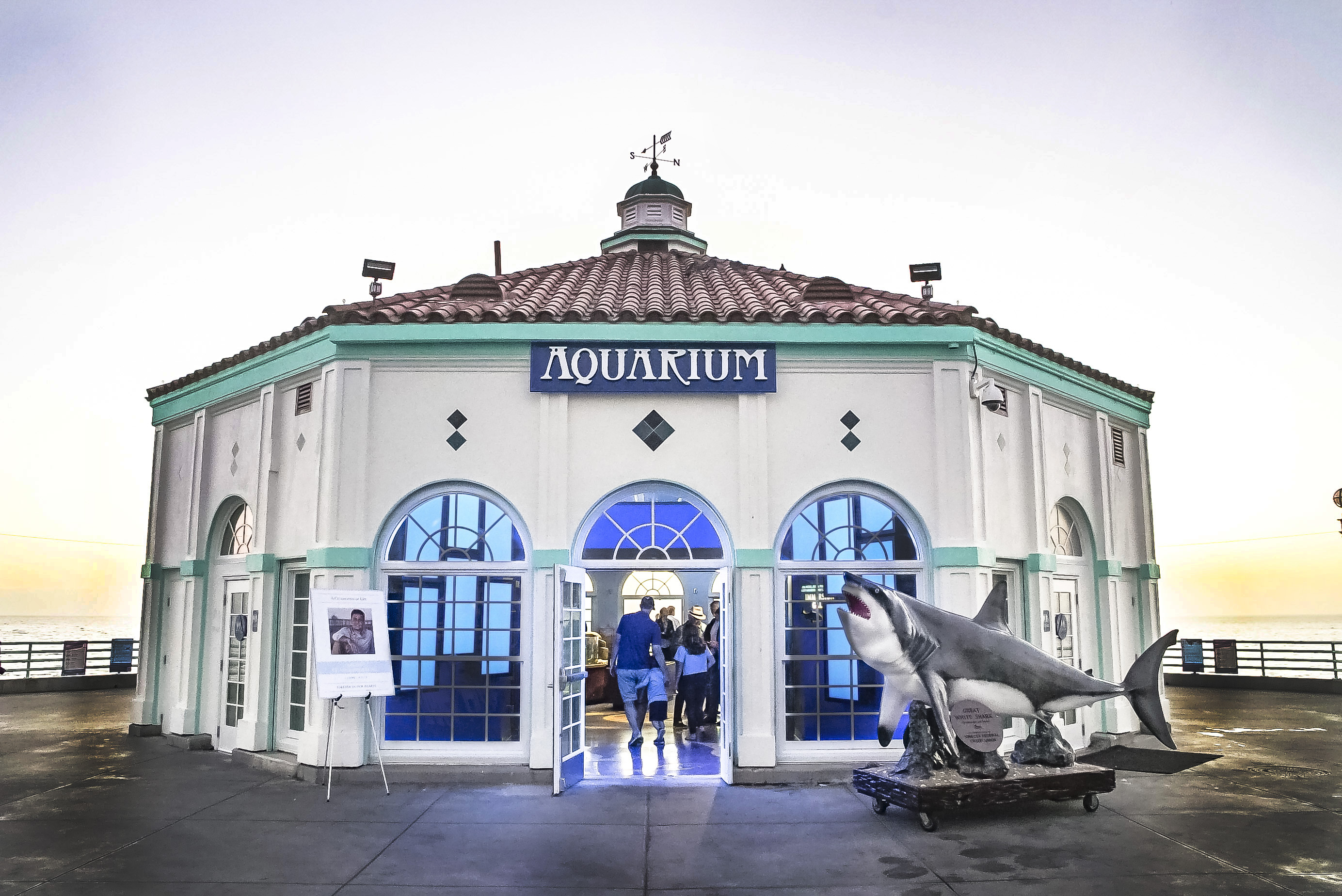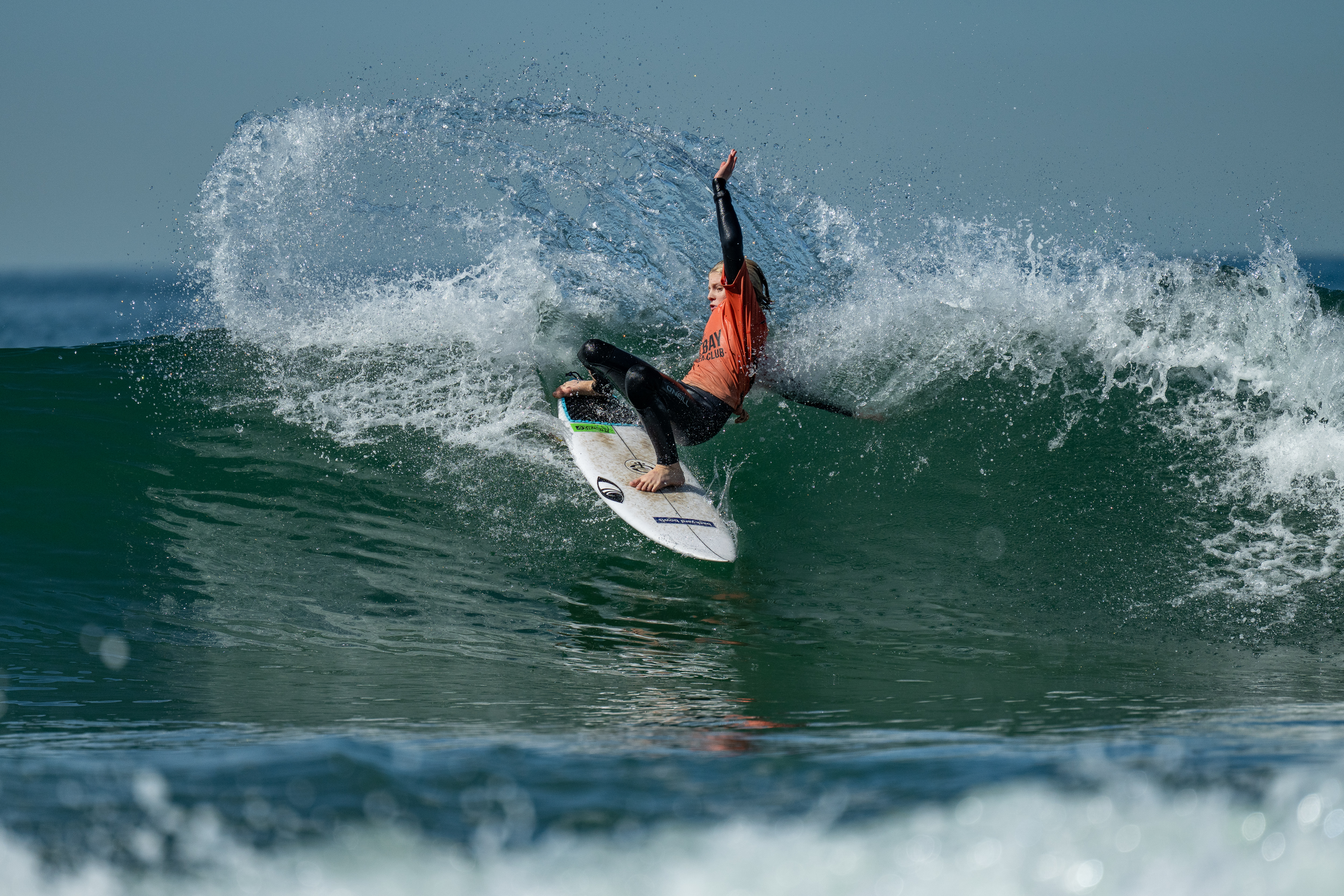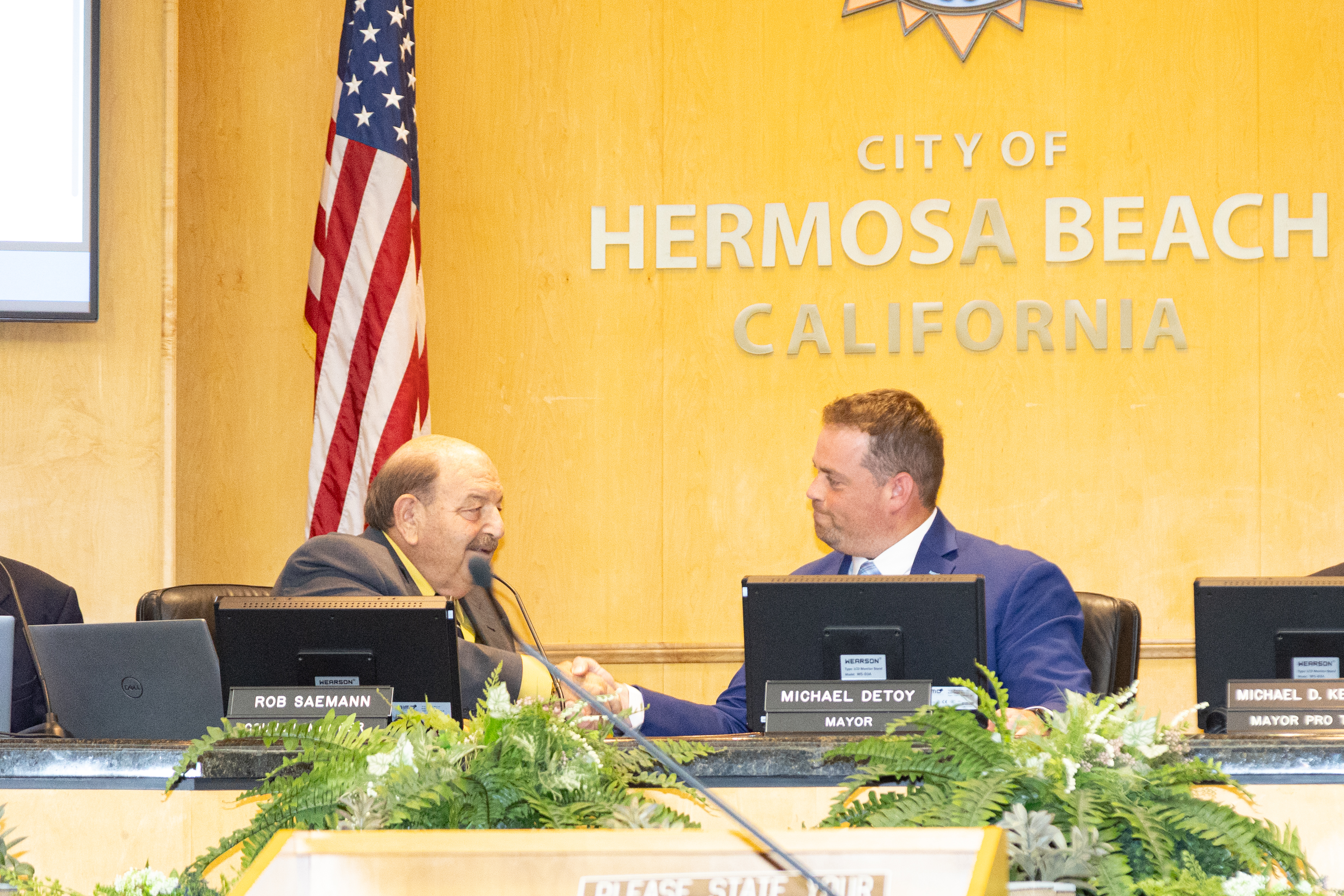
Game over
by Daniel Blackburn
The curtain is falling on what might be the longest-running political feud in South Bay history. Steve Shoemaker, the controversial proprietor of the Redondo Beach pier Fun Factory, is calling it quits for his quirky establishment after 46 years, most of them spent in pitched battle with city officials over his lease.
He’s 82 now, describes himself as financially comfortable (wonderfully understated) and weary of the fight. In 2017, he agreed to sell his 30,000 sq. ft. leasehold back to the city for $9 million, in exchange for foregoing the 10 years remaining on his lease. Under the terms of the agreement, he must vacate his lease on the bottom floor of the pier parking structure by Dec. 31.
But he’s in no rush. He recently proposed to the city that it lease back his arcade and the neighboring Fun Fish Market and Restaurant on a month to month basis, while the city decides what to do with his leasehold.
To help finance whatever plans the city decides on for his leasehold, he has also offered to loan back to the city the $9 million it owes him.
Neither offer has been warmly received.
“Every time I read the paper, or look on Facebook, Mr. Shoemaker has a new deal for us. If he’s willing to forego the $9 million then we could certainly have a deal,” Mayor Bill Brand said in an interview this week.
In Jan. 2017, the city council voted 3 to 2 to approve the $9 million buyout to make way for developer CenterCal’s proposed $400 million waterfront renewal. But CenterCal’s proposal collapsed in March 2017, after voters approved Measure C, which rezoned the harbor.
The city was left still owing Shoemaker $9 million.
In February of this year, the city council approved issuing bonds to pay off Shoemaker.
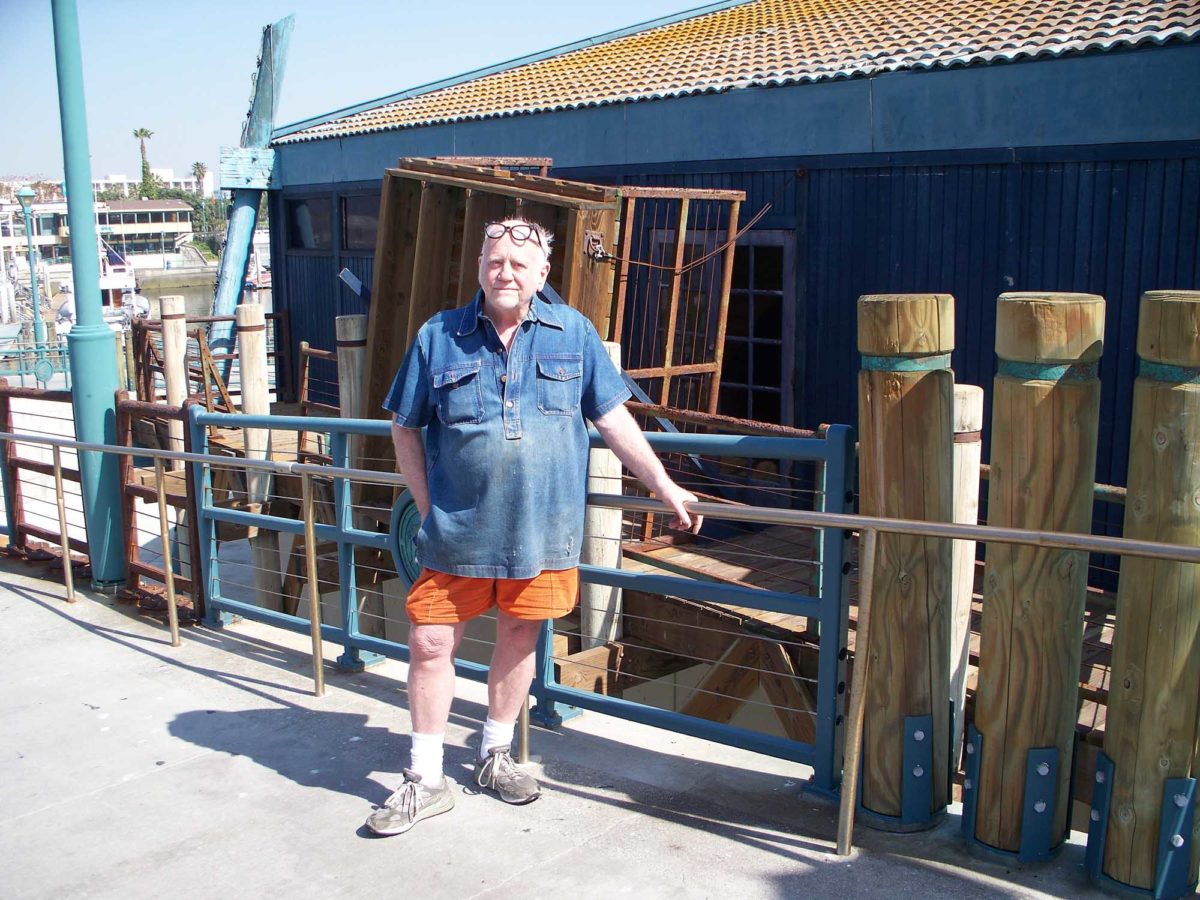
“I feel like I’m being led at gunpoint to the ATM to withdraw money and I feel this is going to come back and haunt us,” Councilman Todd Loewenstein said when the bond was approved.
Brand was a council member representing the harbor district in 2017 when the council agreed unanimously in closed session to approve purchasing Shoemaker’s leasehold. But that same evening, when the council voted in public to approve the purchase, he voted against the purchase.
Brand said this week he would have preferred Shoemaker “play out his lease.”
“I came out [of the closed session] and listened to the public, and I decided to change my vote,” he explained. “Unfortunately, the previous city council agreed with Mr. Shoemaker to buy him out, and that’s where we are.”
A throwback ready for a comeback
A 2017 Los Angeles Magazine article described the Fun Factory as “filled with arcade classics from Pong to Pac-Man. The walls and ceiling are encrusted with generations of tacky signage, flashing lights, and dusty carnival prizes. It’s a run-down man cave as big as a Wal-Mart.”
To many people, it represents a repository of fond childhood memories. To others — particularly city planners and developers — it is an eyesore on prime property in a world-class locale.
Shoemaker started the Fun Factory in 1972 after signing what proved to be a very favorable lease.
“It was a dump that no one wanted. I had never owned or run an arcade. It was kind of an invention, too. I just kinda put it together,” he said. “I took the building over and made it into something.”

“I got the original lease in 1972 for 25 cents a square foot monthly, and that was for the first two years,” he said. “I had an option for a 25-year extension, conditioned on my business not having any trouble during that time. There was no trouble, the police acknowledged that, but still they (city officials) came after me.” Shoemaker won his lease extension on a 3-2 council vote, over the spirited objections of then-mayor William F. Czuleger.
“They just wanted more money. I told them that wasn’t part of the agreement.”
So the battle had been joined.
“I’ve learned not to trust them,” he said of his city adversaries.
One fight was over a large octagonal, blue building next to Shoemaker’s leasehold, which he wanted to develop. City officials took the building by what Shoemaker calls “illegal eminent domain.” A public access stairway from the boardwalk to the pier was closed, partially blocking access to the Fun Factory. Following damage from a storm in February 2013, the city demolished the building. The property remains undeveloped.
Shoemaker’s relationship with the city further worsened in 2003 when he was found guilty on misdemeanor charges of child pornography because of photos on a website he owned, but which he denied knowledge of.
“They find one picture, and they can’t even show how that one got there,” Shoemaker told an Easy Reader reporter following the eight-day trial. “I felt like crying. I’m not a child pornographer,” he said.
Shoemaker contends the charges were manufactured by city officials to accelerate his departure from the scene. Though required to register as a sex offender, the judge ruled he could retain ownership of the Fun Factory.
A longtime dream of Shoemaker’s has been to bring a turn-of-the-century merry-go-round to the pier, which he believed would add to the family atmosphere. For years he bought and restored vintage carousel denizens, including life-size horses and marine animals, in anticipation of operating the carousel.
In 2009, in the midst of controversy over the carousel plan, then-councilman Bill Brand, whose district included the pier and boardwalk, called Shoemaker “a good businessman,” according to an Easy Reader article. Brand suggested Shoemaker’s “history of litigation isn’t grounds enough to reject the (carousel) proposal.”
“Let’s just say he is a colorful history,” Brand said. “But he’s also paid his rent for a very long time. When you do business, you get into litigation, so that doesn’t really dissuade me.”
The carousel was not approved.
“The city wanted to get rid of our Redondo Horseshoe Pier Company so badly that they hurt themselves and everyone else in doing so,” Shoemaker said.
The conflict has been a cultural one. Opponents have argued Shoemaker is too idiosyncratic to fit into the sleek and sophisticated image some imagine for the future pier.
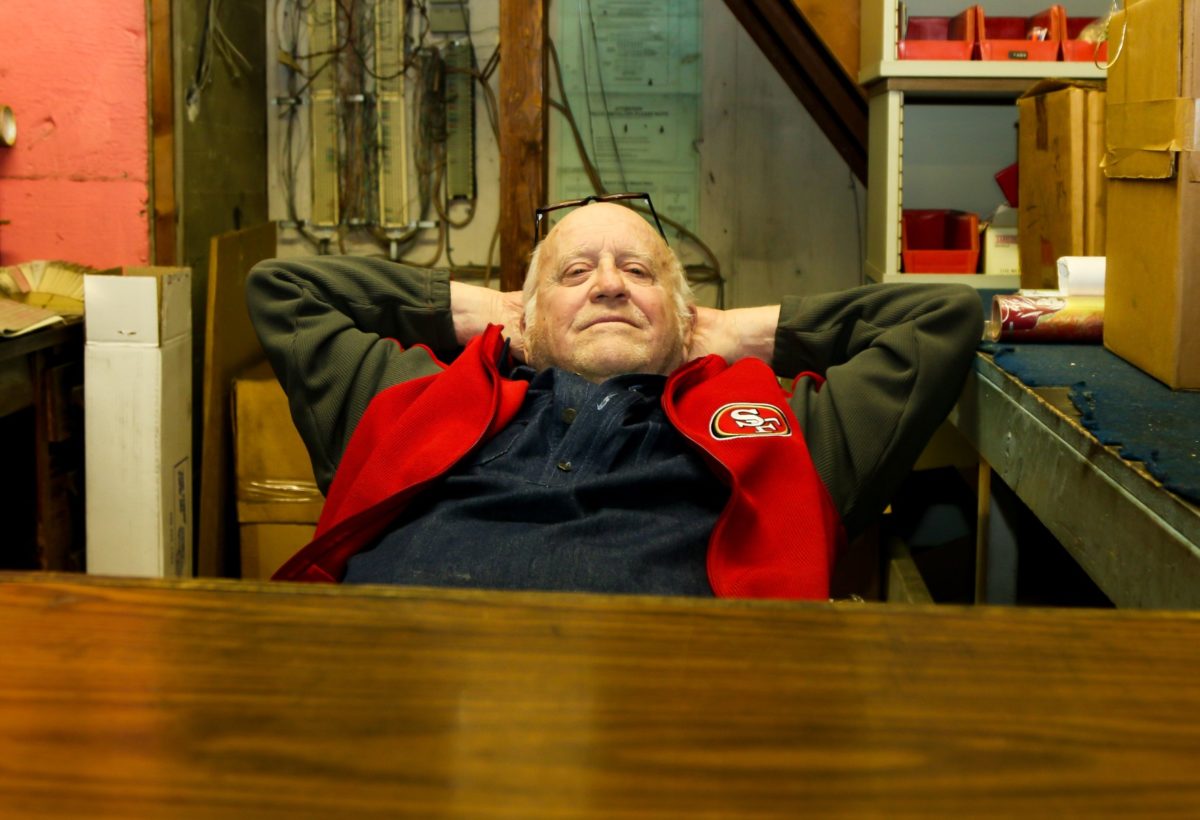
Neighboring pier businesses have contended the Fun Factory attracts “the wrong kind of people.”
“What is ‘the wrong kind of people?’” Shoemaker asked. “Kids?”
“I’m the only guy who’s really taken on the city, and I did it because I think I’m right,” he said. “And it’s been worth fighting for,” he added.
His lease costs have increased over the years, but slowly, and never without a legal scuffle.
In the end, said Shoemaker, “The city decided I wasn’t a master lessee because I didn’t build my buildings. But for them, the important thing to do was to take my lease.”
“So now the city doesn’t want the Fun Factory or the restaurant (the adjacent Fun Fish Market and Restaurant),” he said.
“This is my last big deal with the city, and I can tell you honestly I just don’t give a damn anymore. I do care about my employees. I’ve got about 20 employees (in the Fun Factory), some of whom have been there 20 or 30 years. So they’re going to lose their jobs. The fish restaurant will go broke, half the boardwalk will go broke. The pier will suffer. I’ve got business friends at the pier but they can’t speak up… they’ve all got leases with the city.”
Shoemaker can’t see the city’s logic in not extending his lease on a month to month basis.
“If you’ve got a couple of good tenants who pay the rent, and the alternative is to board it all up and have it sit vacant for five years… well, the only way that decision is made is that the city really doesn’t care about the money. The staff likes to go after the million-dollar grants. But they don’t care about the parking revenue or rent.”
“There are no plans for development of my leasehold. So what’s the hurry in evicting us?” he asked.
Shoemaker acknowledged home video games have affected his bottom line, but insists there is still a place in the world for the old fashion game arcade.
“People like the social aspect of the arcade. It’s more of a family thing. They like playing something that allows them to win prizes. And people at home don’t have Tilt-a-Whirls.”



